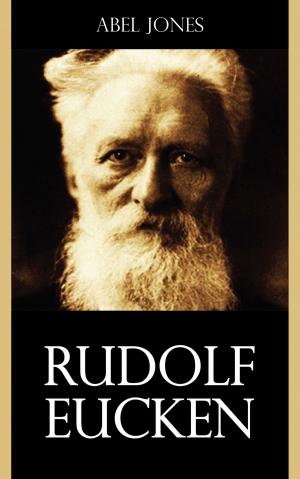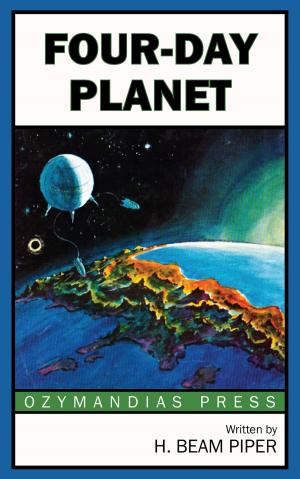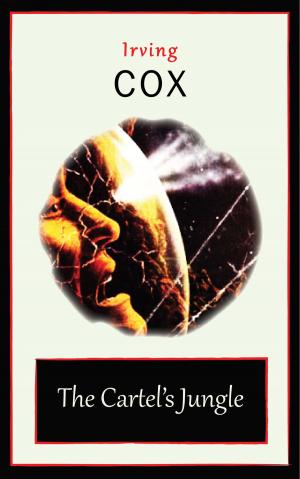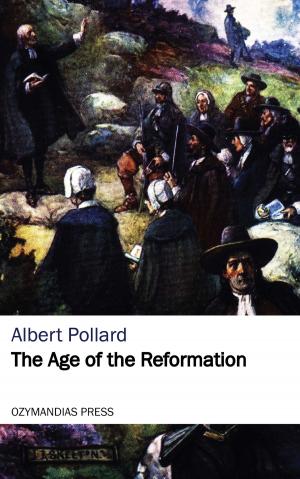| Author: | John Stuart Mill | ISBN: | 9781518398056 |
| Publisher: | Ozymandias Press | Publication: | February 6, 2016 |
| Imprint: | Language: | English |
| Author: | John Stuart Mill |
| ISBN: | 9781518398056 |
| Publisher: | Ozymandias Press |
| Publication: | February 6, 2016 |
| Imprint: | |
| Language: | English |
There is as great diversity among authors in the modes which they have adopted of defining logic, as in their treatment of the details of it. This is what might naturally be expected on any subject on which writers have availed themselves of the same language as a means of delivering different ideas. Ethics and jurisprudence are liable to the remark in common with logic. Almost every writer having taken a different view of some of the particulars which these branches of knowledge are usually understood to include; each has so framed his definition as to indicate beforehand his own peculiar tenets, and sometimes to beg the question in their favor.
This diversity is not so much an evil to be complained of, as an inevitable and in some degree a proper result of the imperfect state of those sciences. It is not to be expected that there should be agreement about the definition of any thing, until there is agreement about the thing itself. To define, is to select from among all the properties of a thing, those which shall be understood to be designated and declared by its name; and the properties must be well known to us before we can be competent to determine which of them are fittest to be chosen for this purpose. Accordingly, in the case of so complex an aggregation of particulars as are comprehended in any thing which can be called a science, the definition we set out with is seldom that which a more extensive knowledge of the subject shows to be the most appropriate. Until we know the particulars themselves, we can not fix upon the most correct and compact mode of circumscribing them by a general description. It was not until after an extensive and accurate acquaintance with the details of chemical phenomena, that it was found possible to frame a rational definition of chemistry; and the definition of the science of life and organization is still a matter of dispute. So long as the sciences are imperfect, the definitions must partake of their imperfection; and if the former are progressive, the latter ought to be so too. As much, therefore, as is to be expected from a definition placed at the commencement of a subject, is that it should define the scope of our inquiries: and the definition which I am about to offer of the science of logic, pretends to nothing more than to be a statement of the question which I have put to myself, and which this book is an attempt to resolve. The reader is at liberty to object to it as a definition of logic; but it is at all events a correct definition of the subject of this volume...
_____
[Halls of Wisdom]
From Buddha to Confucius to Plato and down the spiral of time to Kant, Nietzsche and Russell, the Halls of Wisdom are filled to overflowing, yet barely full. Explore the cavernous teachings of the masters, get lost in the art of wonder, and fall in love with wisdom.
The only thing you can lose are your chains.
There is as great diversity among authors in the modes which they have adopted of defining logic, as in their treatment of the details of it. This is what might naturally be expected on any subject on which writers have availed themselves of the same language as a means of delivering different ideas. Ethics and jurisprudence are liable to the remark in common with logic. Almost every writer having taken a different view of some of the particulars which these branches of knowledge are usually understood to include; each has so framed his definition as to indicate beforehand his own peculiar tenets, and sometimes to beg the question in their favor.
This diversity is not so much an evil to be complained of, as an inevitable and in some degree a proper result of the imperfect state of those sciences. It is not to be expected that there should be agreement about the definition of any thing, until there is agreement about the thing itself. To define, is to select from among all the properties of a thing, those which shall be understood to be designated and declared by its name; and the properties must be well known to us before we can be competent to determine which of them are fittest to be chosen for this purpose. Accordingly, in the case of so complex an aggregation of particulars as are comprehended in any thing which can be called a science, the definition we set out with is seldom that which a more extensive knowledge of the subject shows to be the most appropriate. Until we know the particulars themselves, we can not fix upon the most correct and compact mode of circumscribing them by a general description. It was not until after an extensive and accurate acquaintance with the details of chemical phenomena, that it was found possible to frame a rational definition of chemistry; and the definition of the science of life and organization is still a matter of dispute. So long as the sciences are imperfect, the definitions must partake of their imperfection; and if the former are progressive, the latter ought to be so too. As much, therefore, as is to be expected from a definition placed at the commencement of a subject, is that it should define the scope of our inquiries: and the definition which I am about to offer of the science of logic, pretends to nothing more than to be a statement of the question which I have put to myself, and which this book is an attempt to resolve. The reader is at liberty to object to it as a definition of logic; but it is at all events a correct definition of the subject of this volume...
_____
[Halls of Wisdom]
From Buddha to Confucius to Plato and down the spiral of time to Kant, Nietzsche and Russell, the Halls of Wisdom are filled to overflowing, yet barely full. Explore the cavernous teachings of the masters, get lost in the art of wonder, and fall in love with wisdom.
The only thing you can lose are your chains.
![Cover of the book A System of Logic [Halls of Wisdom] by John Stuart Mill, Ozymandias Press](https://www.kuoky.com/images/2016/february/500x500/9781518398056-hztm_500x.jpg)














